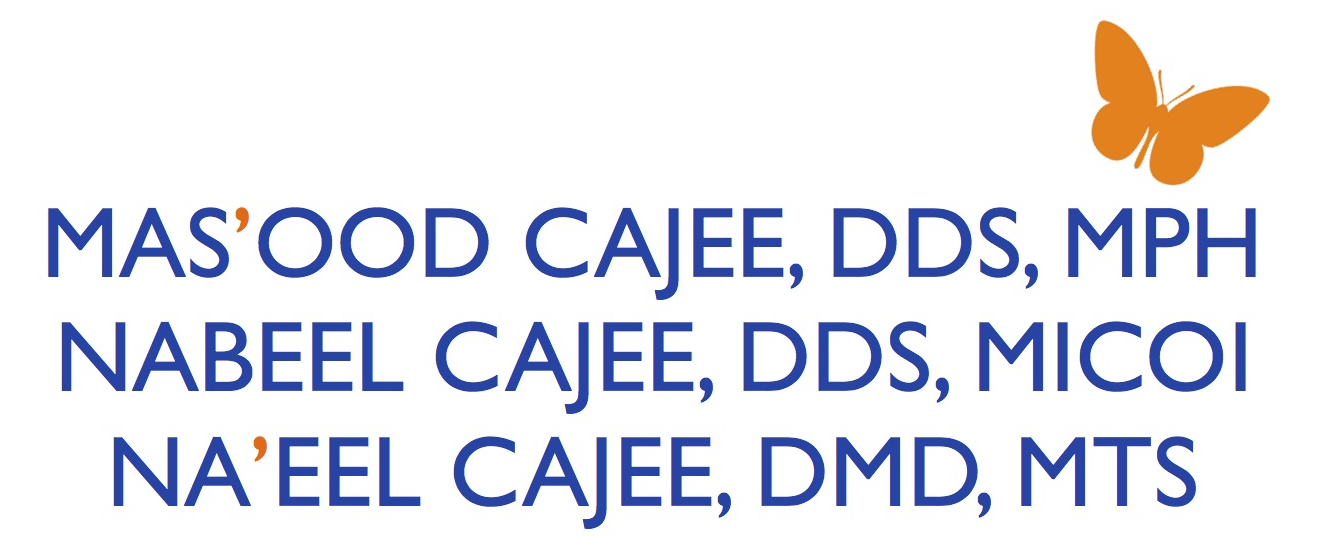Best medication and home remedies for cold sores and canker sores
/Cold sores and canker sores are both types of oral lesions, but they have distinct differences. Cold sores, also known as fever blisters, are small, fluid-filled blisters that appear on or around the lips, nose, or chin. They are caused by the herpes simplex virus and are contagious. Canker sores, on the other hand, are small, shallow ulcers that appear inside the mouth, usually on the tongue, inner cheeks, or gums. They are not contagious and the cause of them is not entirely understood, but they are thought to be due to a combination of factors such as genetics, stress, and certain foods.
Cold sores and canker sores are common oral conditions that can cause pain and discomfort. While the causes of these conditions vary, there are several medications that can help to reduce symptoms and speed healing.
For cold sores, the most common treatment is the use of antiviral medications. These medications work by preventing the virus that causes cold sores (herpes simplex virus type 1) from reproducing. These medications are typically taken in pill form and are most effective when taken at the first sign of a cold sore outbreak. Another treatment option for cold sores is the use of topical creams or ointments. These medications can help to reduce pain and inflammation, and they may also help to speed healing.
For canker sores, the most common treatment is the use of topical medications such as benzocaine (Orabase). These medications can help to reduce pain and inflammation and may also help to speed healing.
Another treatment option for canker sores is the use of mouthwashes or rinses. These medications can help to reduce pain and inflammation, and they may also help to speed healing. Some of the most commonly used mouthwashes and rinses for canker sores include hydrogen peroxide, lidocaine (Xylocaine), and diphenhydramine (Benadryl).
In addition to these medications, there are also several over-the-counter pain relievers that can be used to help reduce pain and discomfort associated with cold sores and canker sores. Some of the most commonly used pain relievers include ibuprofen (Advil, Motrin) and acetaminophen (Tylenol).
It is important to note that while these medications can be effective in reducing symptoms and speeding healing, they do not cure the underlying condition. Cold sores and canker sores are caused by viral or bacterial infections and are not caused by poor oral hygiene, stress or foods.
It's also important to consult with a healthcare professional before taking any medications, particularly if you have any underlying medical conditions or are taking other medications.
There are several home remedies that can be used to help reduce symptoms and speed healing for canker sores and cold sores.
For canker sores, some home remedies that may help include:
Salt water rinse: Rinsing your mouth with a mixture of warm water and salt can help to reduce pain and inflammation associated with canker sores.
Hydrogen peroxide: Applying hydrogen peroxide to the sore with a cotton swab can help to reduce pain and speed healing.
Aloe vera: Applying aloe vera gel to the sore can help to reduce pain and inflammation, and may also help to speed healing.
Tea bag: Placing a damp tea bag on the sore can help to reduce pain and inflammation.
Baking soda: Mixing baking soda with water to form a paste and applying it to the sore can help to reduce pain and inflammation.
For cold sores, some home remedies that may help include:
Tea bag: Placing a damp tea bag on the sore can help to reduce pain and inflammation.
Ice: Applying ice to the sore can help to reduce pain and inflammation.
Lemon balm: Applying lemon balm cream or oil to the sore can help to reduce pain and speed healing.
Honey: Applying honey to the sore can help to reduce pain and speed healing.
Aloe vera: Applying aloe vera gel to the sore can help to reduce pain and inflammation, and may also help to speed healing.
It's important to note that while these home remedies can be effective in reducing symptoms and speeding healing, they should be used in conjunction with other treatment methods, such as over-the-counter pain relievers and topical or oral medications.
It's also important to maintain good oral hygiene, including regular brushing and flossing, to help prevent the development of canker sores and cold sores. Avoiding triggers such as spicy or acidic foods, and managing stress levels can also help to reduce the frequency and severity of outbreaks.
It's also important to consult with a healthcare professional before trying any home remedies, particularly if you have any underlying medical conditions or are taking other medications.
In summary, there are several home remedies that can be used to help reduce symptoms and speed healing for canker sores and cold sores. For canker sores, some home remedies that may help include a salt water rinse, hydrogen peroxide, aloe vera, tea bag, and baking soda. For cold sores, some home remedies that may help include tea bag, ice, lemon balm, honey, and aloe vera. These home remedies should be used in conjunction with other treatment methods, such as over-the-counter pain relievers and topical or oral medications. Maintaining good oral hygiene and avoiding triggers can also help to prevent the development of canker sores and cold sores.





